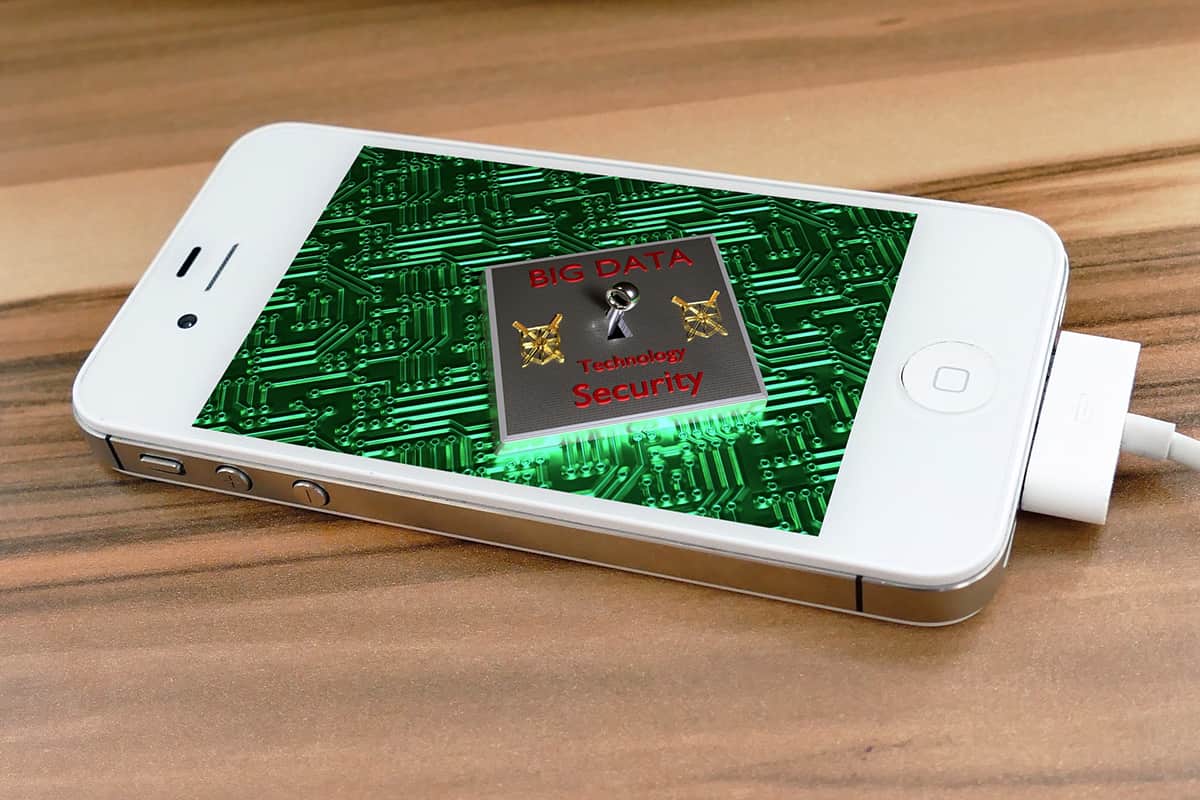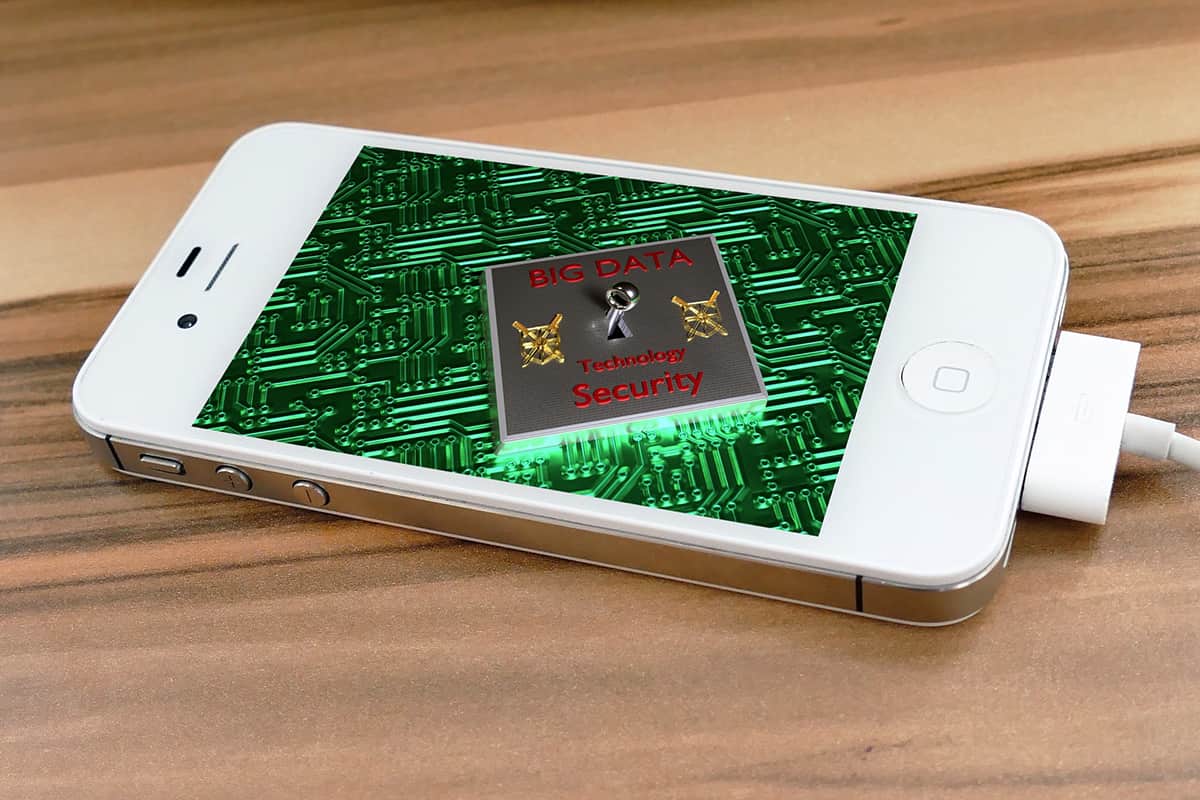Apple’s encryption debate isn’t over yet. Several days ago, a man assassinated the Russian ambassador to Turkey before turning the gun on himself. Now, Russian and Turkish authorities have asked Apple to unlock the shooter’s iPhone 4s.
A Little Background
As I’m sure you’re aware, Apple has been in this position before, when the FBI wanted Apple help unlocking a work iPhone used by one a dead terrorist involved in a terrorist attack in San Bernardino, CA. This set off a nationwide debate as the FBI asked Apple to create a special version of iOS, dubbed “GovtOS,” to bypass built-in security features. Apple declined, with Tim Cook saying that it would be “the software equivalent of cancer.”
After a lengthy court battle, the FBI bought a hacking tool from another company and successfully unlocked the iPhone, although it didn’t recover anything of significance. Little is known about the technique used, but FBI directory James Comey said the tool can only unlock iPhones without a Touch ID sensor.

Current Situation
It’s extremely doubtful Apple will cooperate with foreign authorities, and the company has not made an official statement. Russia has offered to help, and is sending a technical squad to Turkey in an attempt to help. MacReports reported that Turkey has contacted Apple for its help, too.
Depending on which version of iOS the older iPhone is running, there could be any number of ways of accessing the device. For instance, Naked Security noted that with the iPhone 4s default settings, anyone could use Siri to bypass the lock screen with a certain verbal command, even if it’s locked with a passcode. In the meantime, we’ll have to wait for Apple’s official response to see if it’s willing to help.

The difference between this case and San Bernardino case is that Apple may already have the means at its disposal to get into the contents of the phone. Unlocking a phone isn’t just for law enforcement. I’m sure it’s happened many times that a customer forgot their passcode so they called Apple to help them get in. It’s not significantly different from someone helping you reset your email password. Starting with iOS 8, however, Apple may have stopped providing this service.
In the San Bernardino case, the FBI was basically saying “if you don’t have the tools to unlock the iPhone, fine. Make the necessary tools.” The FBI wanted Apple to expend its precious resources into developing a tool that doesn’t exist currently.
Appl uses the same Cellebrite tool that law enforcement use to unlock iPhones. But I think they only work on iPhone 4 and earlier. So very limited. I agree that this seems different than the San Bernardino case. It probably also depends if the phone had iCloud backups like the other phone did.
What version of the iOS was the alleged using on his 4s ?
I haven’t been able to find that out.
The FBI’s demand that Apple help unlock the iPhone was always utterly bogus (they do there was nothing on the phone worth searching for); that demand was never more than a legal ploy to establish a precedent/foot-in-the-door against smart phone encryptions.
Russia’s (& to a lesser extent, Turkey’s) demand that Apple help unlock the iPhone is just as utterly bogus (they obviously need no help whatsoever accessing tha iPhone 4’s data); that demand is again no more than a legal ploy to establish a precedent/foot-in-the-door against smart phone encryptions.
Let Russia hack it. shouldn’t be a problem.